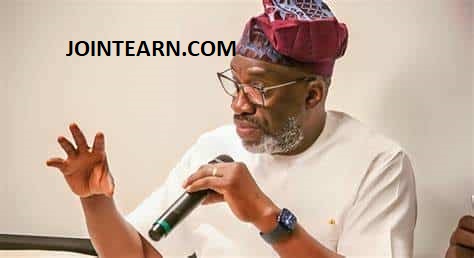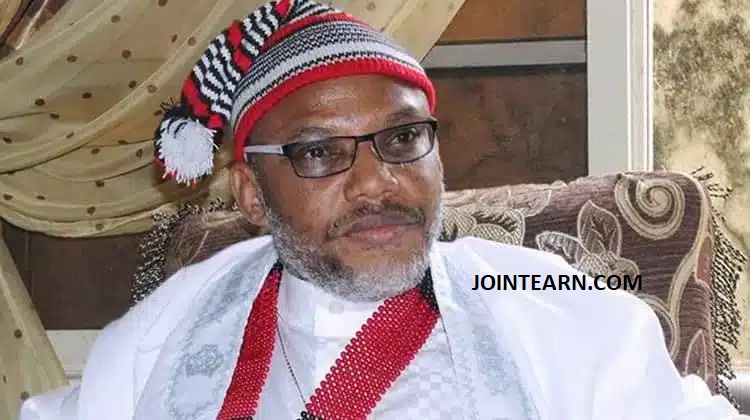In a decisive move to address the escalating insecurity across the country, the Nigeria Governors’ Forum (NGF) has announced a fresh set of coordinated actions aimed at reinforcing regional and national security. The governors, under the umbrella of the NGF, met in Abuja to deliberate on the worsening state of security and agreed on a multi-pronged approach that focuses on intelligence sharing, community policing, and support for security agencies.
The closed-door meeting, which brought together governors from all 36 states of the federation, ended with a joint communique emphasizing unity of purpose, regional collaboration, and immediate actions to complement federal government efforts in restoring peace and order.
Growing Concern Over Worsening Insecurity
The latest resolution comes amid mounting public anxiety over the alarming rate of banditry, kidnapping, terrorism, and communal clashes across many parts of Nigeria. States in the North-West and North-East have been under siege by armed bandits and Boko Haram insurgents, while the South-East has witnessed rising cases of violent attacks attributed to separatist groups.
Governor Abdulrahman Abdulrazaq of Kwara State, who also serves as Chairman of the NGF, spoke after the meeting and stressed that the current situation demanded urgent, unified, and strategic responses from sub-national governments.
“We are at a critical point where we must take collective responsibility and act with urgency. Our people are no longer safe, and we cannot afford to play politics with security. This is not a federal government problem alone — it is a national crisis,” he said.
Key Resolutions from the Meeting
The governors agreed to establish or strengthen state security outfits and ensure they work in synergy with federal law enforcement agencies. In addition to revamping existing local vigilante structures, states will also invest in surveillance technologies, rapid response systems, and intelligence networks that will feed directly into regional security operations.
A major highlight of the new plan is the creation of Regional Security Coordination Centers across geopolitical zones. These centers will serve as intelligence hubs, facilitating information flow between states, military formations, and the Nigeria Police Force. The aim is to address the frequent lapses in response time due to poor coordination and lack of actionable intelligence.
The governors also resolved to boost morale among security personnel by ensuring timely support for logistics, welfare, and operational funding at the state level.
Community Policing and Youth Engagement
In line with the principle of people-oriented security, the NGF reiterated its support for community policing as a critical tool in the fight against crime. The governors pledged to deepen collaboration with traditional rulers, religious leaders, and community stakeholders to rebuild trust and foster grassroots intelligence gathering.
Governor Ifeanyi Okowa of Delta State noted that security cannot be sustained without involving local communities. “You cannot police a society without the active participation of its people. Security must start from the bottom up — from our wards, streets, and villages,” he emphasized.
The Forum also identified the need to engage the youth population through employment and empowerment schemes to reduce their vulnerability to criminal recruitment. A special task force will be set up to develop state-level strategies that target youth unemployment and drug abuse, which have been linked to the rise in violent crimes.
State Police Debate Rekindled
The issue of state police, which has long been a contentious topic in Nigerian politics, was again brought to the fore during the meeting. While not all governors reached a consensus on the immediate implementation of state-controlled police, a majority expressed support for a constitutional amendment that would allow states to operate independent security outfits within a regulated national framework.
Governor Nasir El-Rufai of Kaduna State stated, “We must be realistic. The current centralized structure of policing is not working. Our citizens are exposed, and governors, as chief security officers of their states, do not have the authority or resources to protect them effectively under the current system.”
The Forum resolved to push for legislative engagement with the National Assembly to explore constitutional reforms that would enable the establishment of state policing while maintaining federal oversight to prevent abuse of power.
Appeal for More Federal Support
While the governors committed to playing their part, they also called on the federal government to increase funding for security agencies and fast-track the deployment of modern weapons and training. They expressed concern over the slow pace of equipping personnel and the limited reach of national intelligence infrastructure.
Additionally, the governors urged the federal government to improve border security and immigration control, citing the influx of illegal arms and foreign fighters as a growing threat to Nigeria’s internal stability.
Unified Front Against Insecurity
The NGF emphasized the need for a non-partisan approach to national security, urging political leaders at all levels to close ranks and prioritize the protection of lives and property. The Forum also called on citizens to support security agencies by sharing timely information and rejecting any form of complicity with criminal elements.
In closing, Governor Abdulrazaq reaffirmed the governors’ commitment to implementing the resolutions reached at the meeting and pledged regular follow-up to track progress and challenges.
“We will not allow Nigeria to descend into lawlessness. We owe it to the people to provide security and stability, and that is a responsibility we take very seriously,” he declared.
With these renewed commitments and a more unified strategy, the governors hope to turn the tide against insecurity and restore public confidence in governance and the rule of law.











